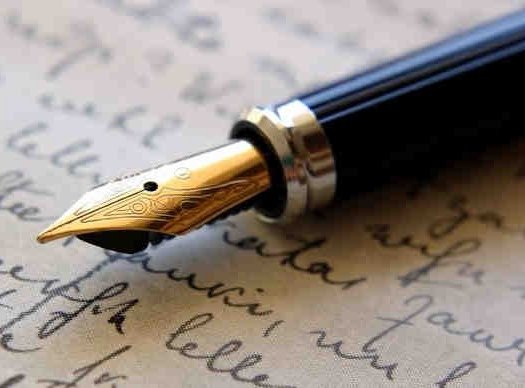Sudan Between External Guardianship and Internal Will

By: Shoul al-Din Lam Deng
Anyone reading the Quartet’s statement of 12 September might take it for a gentle text extolling peace and shedding tears over the suffering of the Sudanese. Yet, at its core, it is nothing but a soft attempt to impose a new guardianship on Sudan, as though this ancient land had not already turned the page on colonialism decades ago with the blood of its martyrs and the sacrifices of its men.
It is a statement issued from capitals long accustomed to interfering in the destinies of peoples—capitals that speak the language of compassion. At the same time, their hands are burdened with a long history of igniting wars and dismantling nations, from Baghdad to Tripoli, from Sana’a to Damascus.
From what moral platform do they come today to teach the Sudanese the meaning of sovereignty? From what humanitarian podium do they preach about protecting civilians, when the blood of innocents in the theatres of their wars has not yet dried? They speak of ending indiscriminate shelling, while their long-range missiles have been claiming lives for years. They weep over national sovereignty, yet they are the first to trample it when it clashes with their interests or spheres of influence.
Sudan, gentlemen, is not an abandoned land to have its fate decided on distant tables in New York, Cairo, Riyadh, or Abu Dhabi. Sudan is a nation deeply rooted in history, with its roots in the kingdoms of Nubia thousands of years ago and the building of civilisations that taught the world the meaning of dignity and resistance. This land, which resisted British colonial armies and crushed the dreams of invaders at Karari and Omdurman, cannot return to the fold of guardianship, no matter how diverse the masks or titles.
What is most farcical is that the statement dares to claim that “the future of governance in Sudan will be decided by the Sudanese people,” only to then impose on them a specific timetable, a conditional truce, and a moulded transition in nine months! Have the Sudanese people become in need of a guardian to dictate when they should transition and how they should govern themselves? What mockery of sovereignty is this? What contradiction is there in proclaiming concern for the popular will while simultaneously stripping it away through conditions and diktats?
As for the warning against “extremist groups,” this is a tired refrain that deceives no one any longer. How easily the banner of “extremism” is raised to justify every intervention and silence every opposing voice. This scenario was tested in Iraq when specific forces were branded terrorists, paving the way for occupation on the backs of tanks. It was tested in Libya when groups were labelled a threat, and the outcome was a fractured state. Do you now wish to replay the same theatre on Sudanese soil?
Even more astonishing is the Quartet’s talk of “the dangers of external military support.” As if the reader is unaware that some of those who signed the statement are themselves supplying the fronts of conflict with weapons, money, and sometimes mercenaries. How can those who stoke the flames preach to the victims about keeping away from the fire? How can the people be expected to believe calls for peace from those whose hands know nothing but kindling wars?
The message that must be understood by the world, and which we repeat here at the top of our voice, is this: Sudan is not a colony, nor is it an open arena for your political experiments. Sudan belongs to its people, and only they decide the form of governance, the mode of transition, and its timing. No imposed pathways, no disguised guardianship, no ready-made templates imported from across the seas.
Yes, Sudan is today enduring a harsh ordeal, but every crisis carries within it the seeds of its solution—not in the pockets of outsiders. Sudan’s army and its people are capable of rebuilding their state, however long the road, however great the sacrifices. What distinguishes this nation is that it neither sells its land nor bargains away its dignity.
Accordingly, the best advice we can offer the Quartet’s ministers is this: turn to your own affairs, mend your homelands riddled with economic, political, and social crises, and leave Sudan to the Sudanese. Those who cannot heal their own wounds will never be physicians to anyone else.
History has taught us that people may bow beneath the storm, but they do not break. And Sudan today, though at the eye of the hurricane, will emerge as it has before—head held high, dignified by the will of its children, formidable through its army, steadfast in its history. Let the message be clear: Sudan’s future will be written only by Sudanese hands, its present safeguarded only by Sudanese blood, and its dignity shaped only by Sudanese will.
Shortlink: https://sudanhorizon.com/?p=7600

